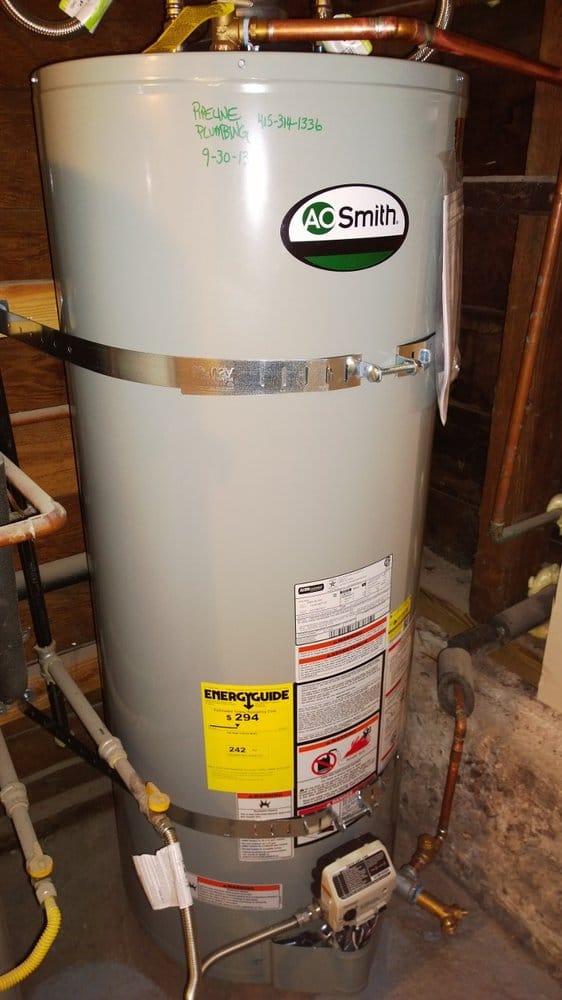If your water heater is malfunctioning, there are a few things you can try before hiring a professional plumber for repair or replacement. These tips may aid in diagnosing the problem and resolving it without costly repairs or a replacement water heater.
If your water heater is not heating the water to the right temperature, the thermostat may be set too low or otherwise malfunctioning. Adjust the thermostat to a higher setting, or use a multimeter to verify that it is functioning properly.
If the water heater is not heating the water at all, the problem may lie in the heating element. Using a multimeter, you can evaluate whether the heating element is functioning properly. If not, it may require replacement.
Check the anode rod. The anode rod is a metal rod used to prevent corrosion in the water heater. If the anode rod is rusted, the water heater may experience problems. You can inspect the anode rod for corrosion by removing it from the water heater and examining it for rust. If it is significantly corroded, it must be replaced.
Flush the water heater. If the water heater is not operating as it should, sediment buildup in the tank may be to blame. This sediment can be removed and the performance of the water heater can be improved by flushing the water heater.
If these tips do not resolve the problem with your water heater, you may need to repair or replace it. A professional plumber can assess the problem and offer the most effective line of action. In general, it is advisable to replace a water heater older than 10 to 15 years, as it is likely to be less energy efficient and more prone to problems. If you think your water heater has a problem call a local Bay Area plumber today.






